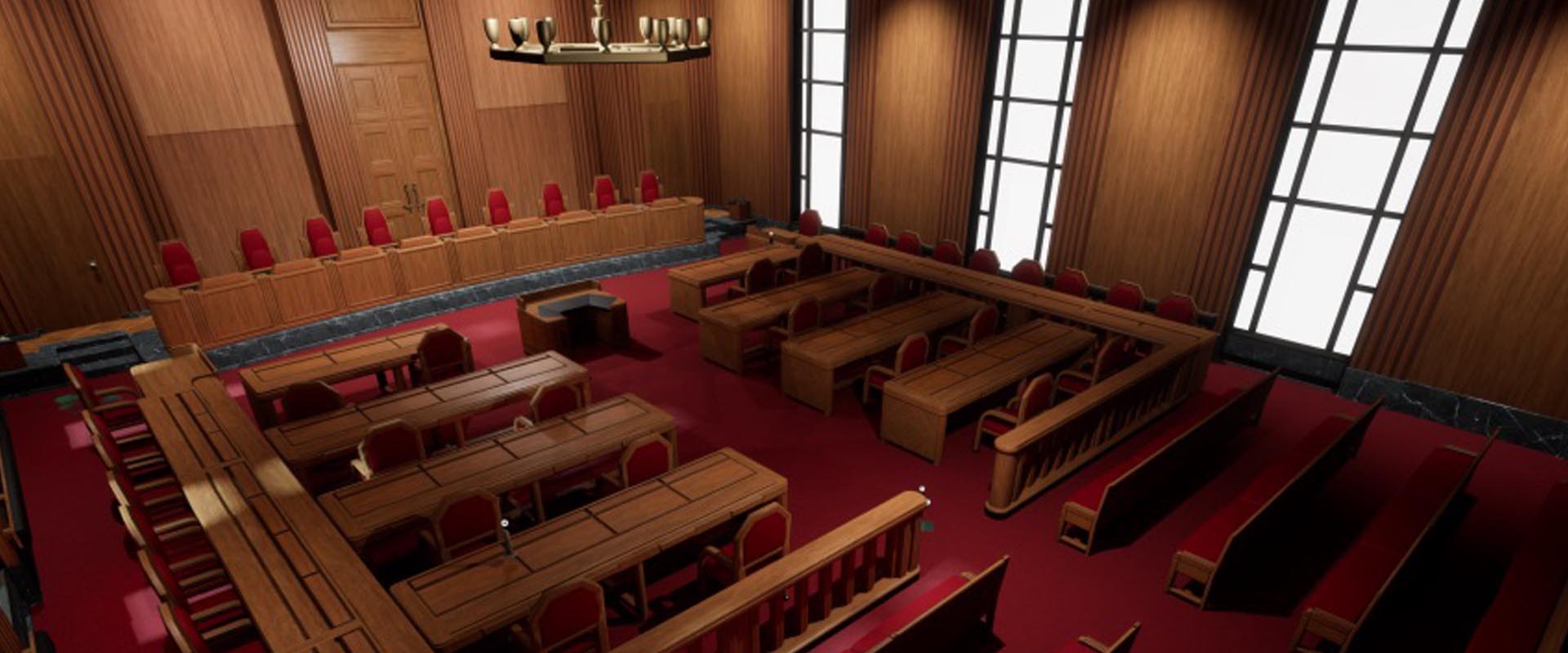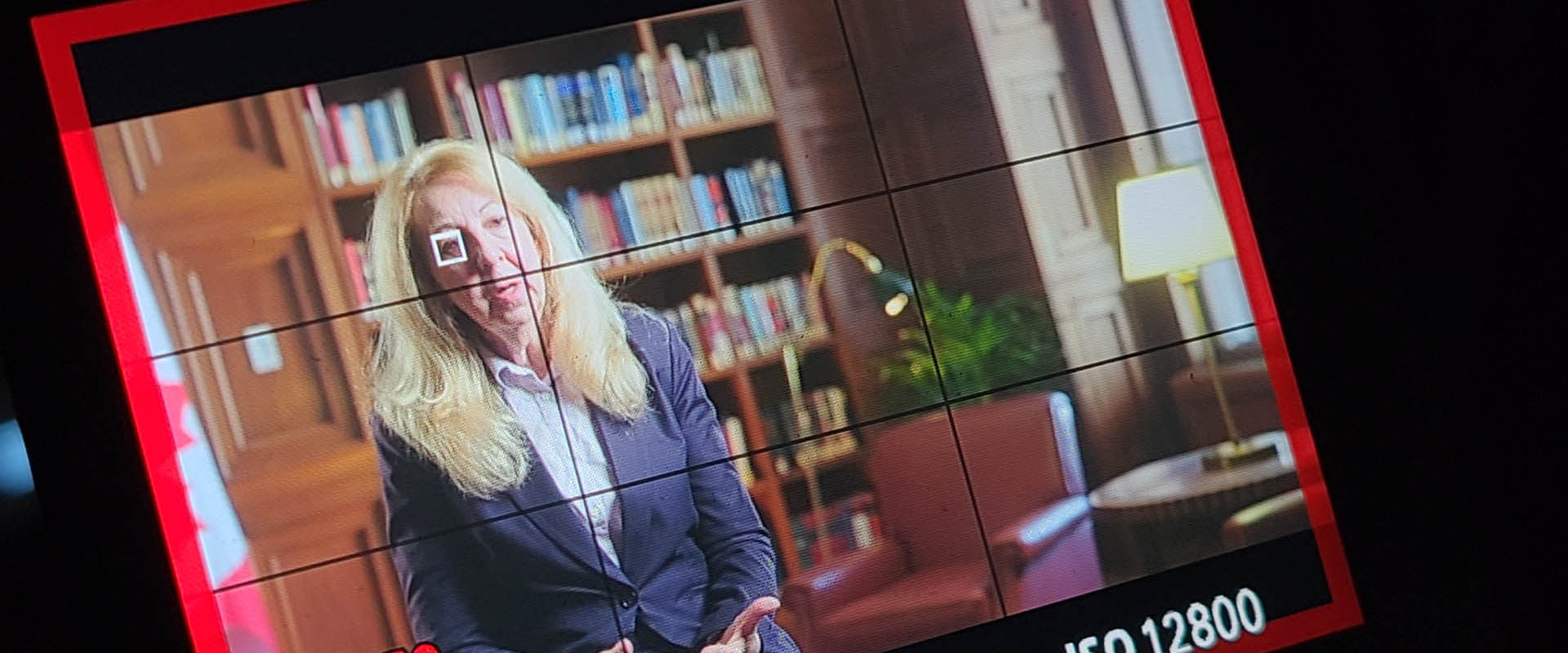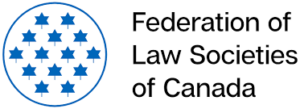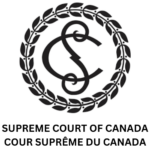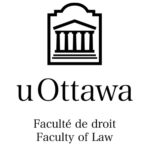The University of Ottawa Faculty of Law is working on creating a multimedia learning experience for the 150th anniversary of the Supreme Court of Canada in 2025. The project aims to produce an ecosystem of interactive media that will showcase the history and workings of the Court, allowing Canadians to learn more about the role of this important institution in Canadian society.
A multidisciplinary team, working at the intersection of research, education, and media production, is currently developing multimedia content that will be integrated, either in whole or in part, into two innovative digital platforms.
Producer Étienne Trépanier presents the main focuses of this ambitious legal knowledge mobilization project currently being developed at the University of Ottawa Faculty of Law.
We need to do more to provide legal information to citizens in courthouses, through justice organizations, and also online. With the technology and communication tools available today, we have access to a wide range of ways to improve access to information.
- The Right Honourable Richard Wagner, Chief Justice of Canada
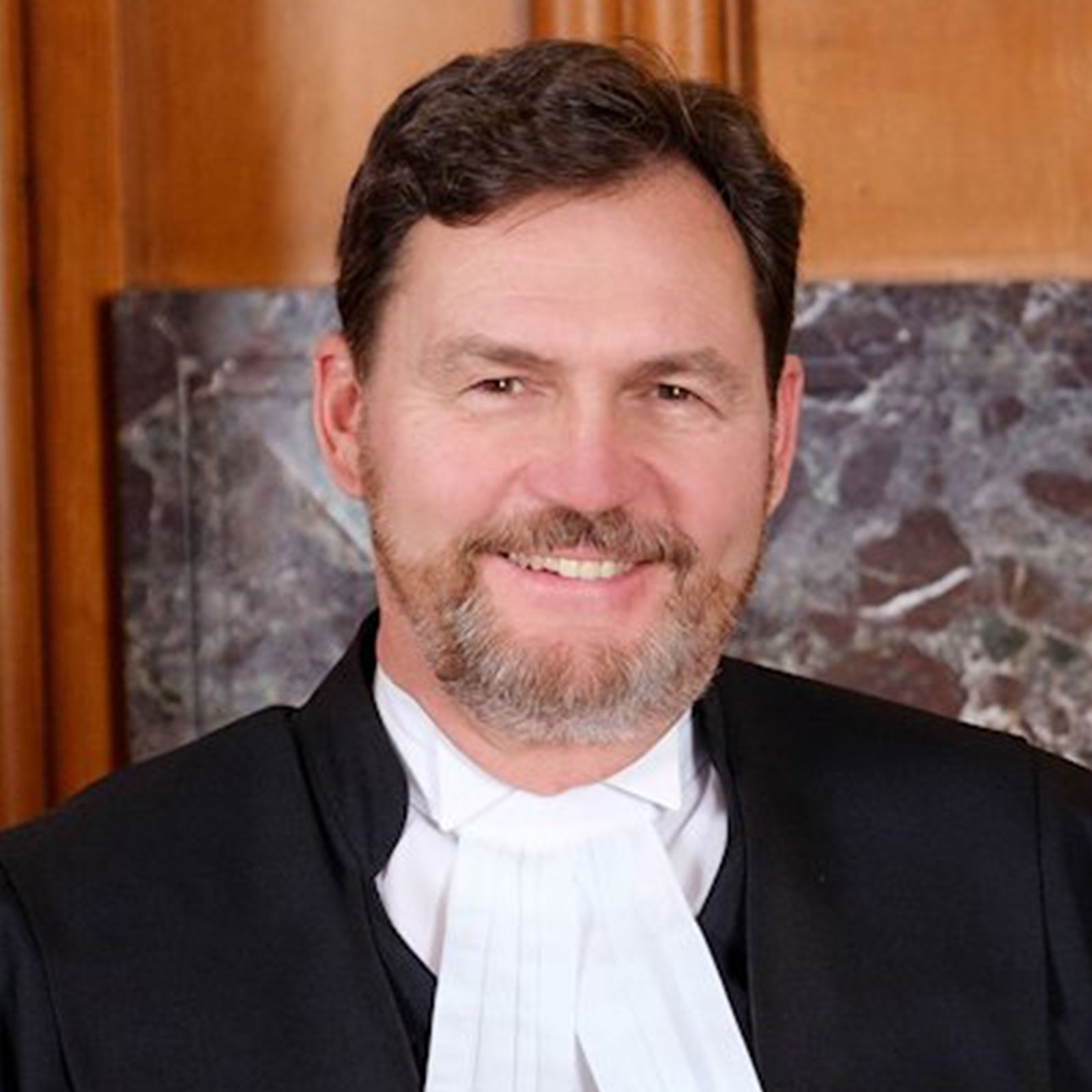
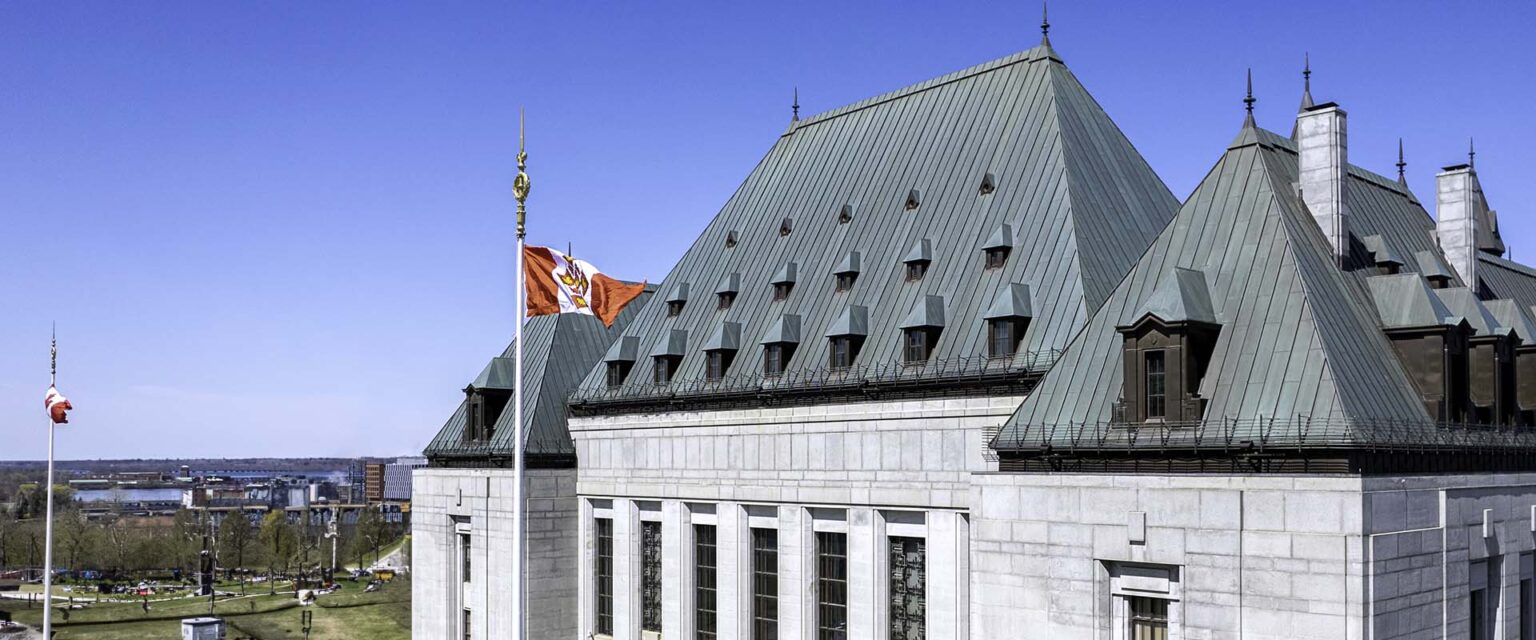
The Supreme Court of Canada was established by an Act of Parliament in 1875. As the highest appellate court in the country since 1949, it has the authority to adjudicate disputes in all areas of law. Its judges rule on a wide range of issues, including child support, criminal law, corporate restructuring, treaties, and constitutional rights. The Court hears cases in both French and English and applies both Quebec civil law and common law, while also considering Indigenous legal traditions. Most cases come from provincial, territorial, federal, and military appellate courts.
This institution stands at the pinnacle of Canada's judiciary, one of the three branches of government. Since its creation, its role and composition have evolved significantly. This anniversary provides an opportunity to reflect on the Court's evolution, from its early days under the authority of the British Privy Council to its current position as Canada's highest court.
Canadians are invited to celebrate an institution that, for 150 years, has played an impartial and independent role as the guardian of the Constitution, the rule of law, and the rights and freedoms of all. In 2025, we will honor one of the world's most esteemed courts.
PRODUCTION TEAM
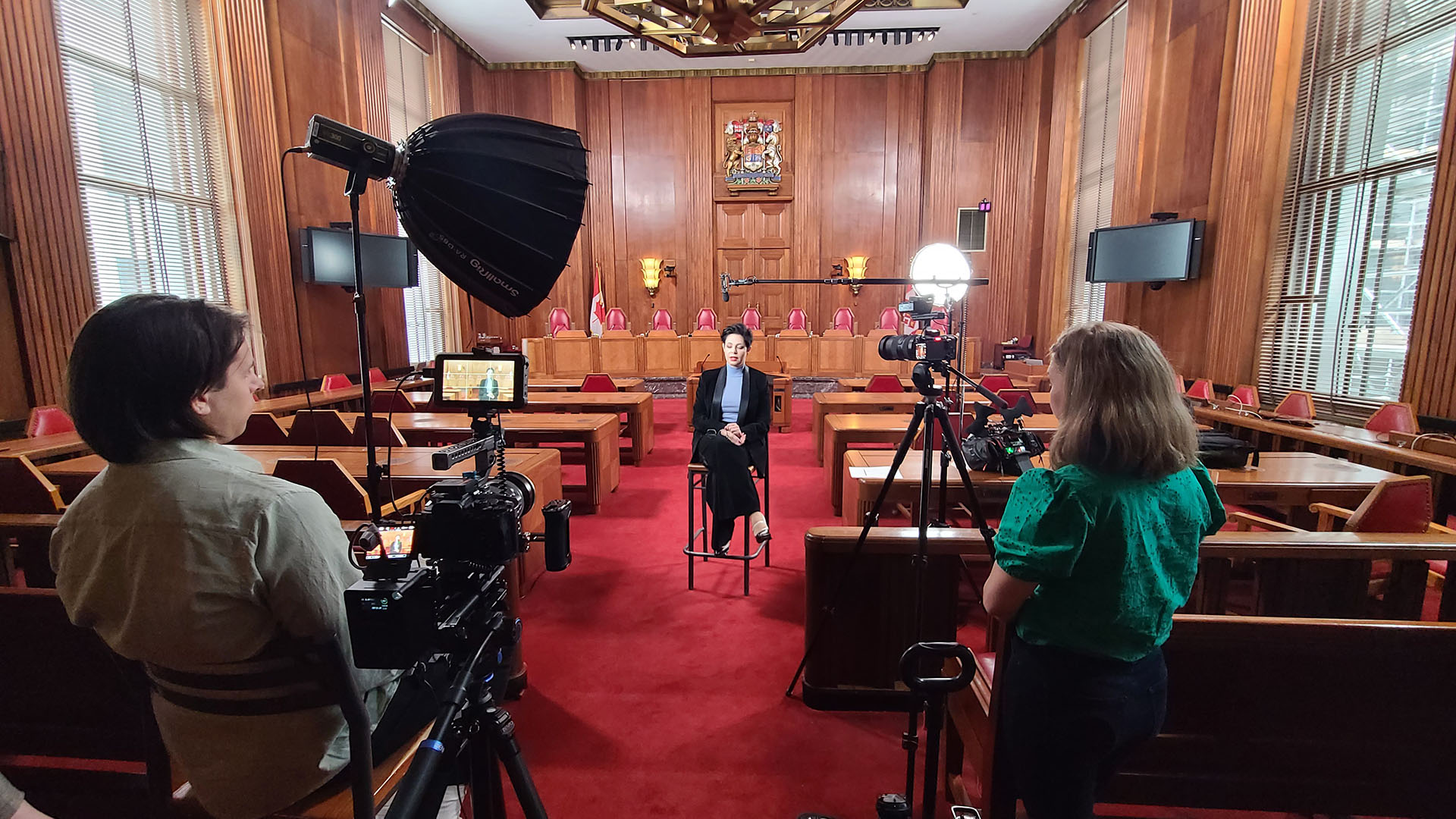
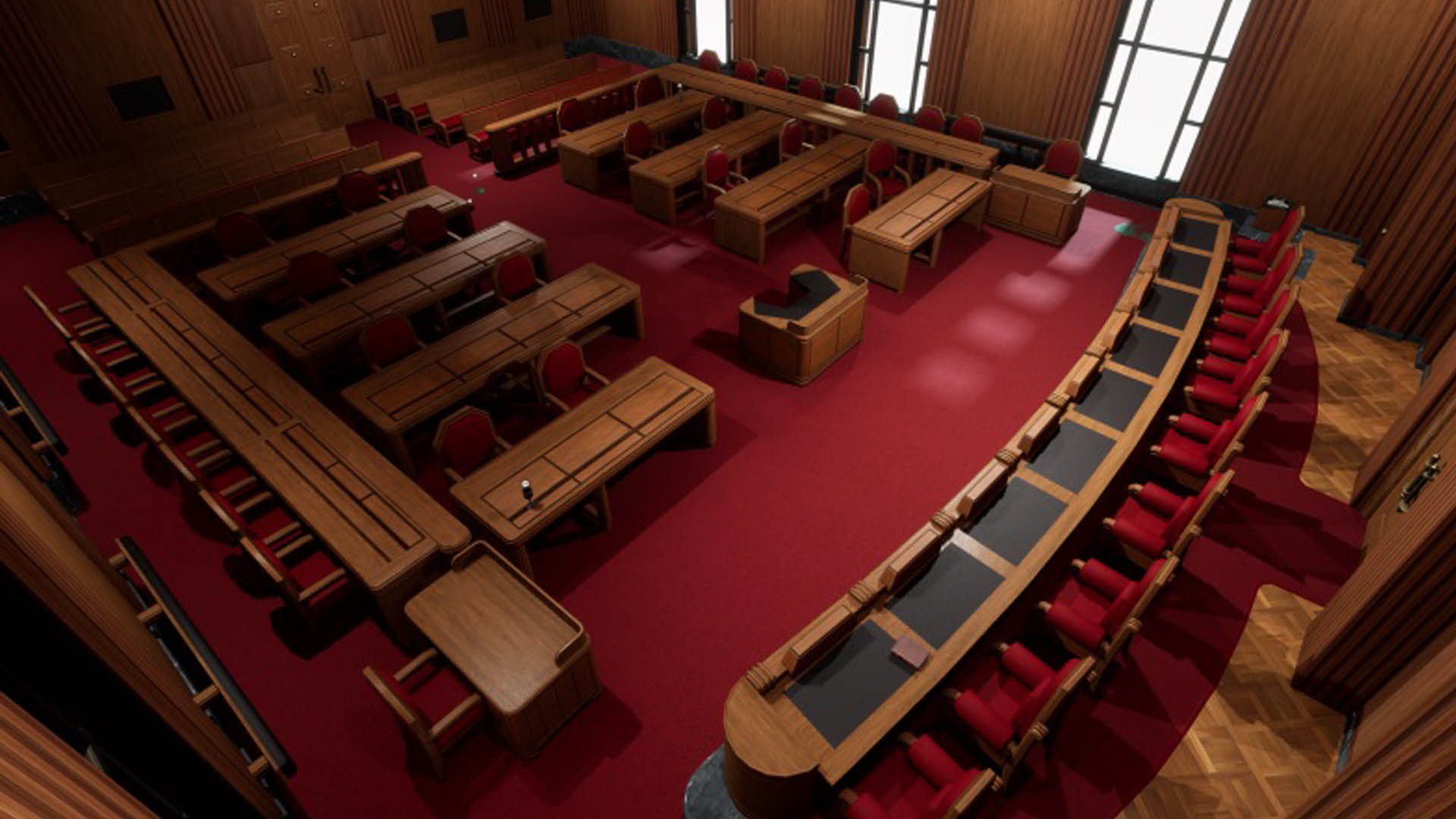
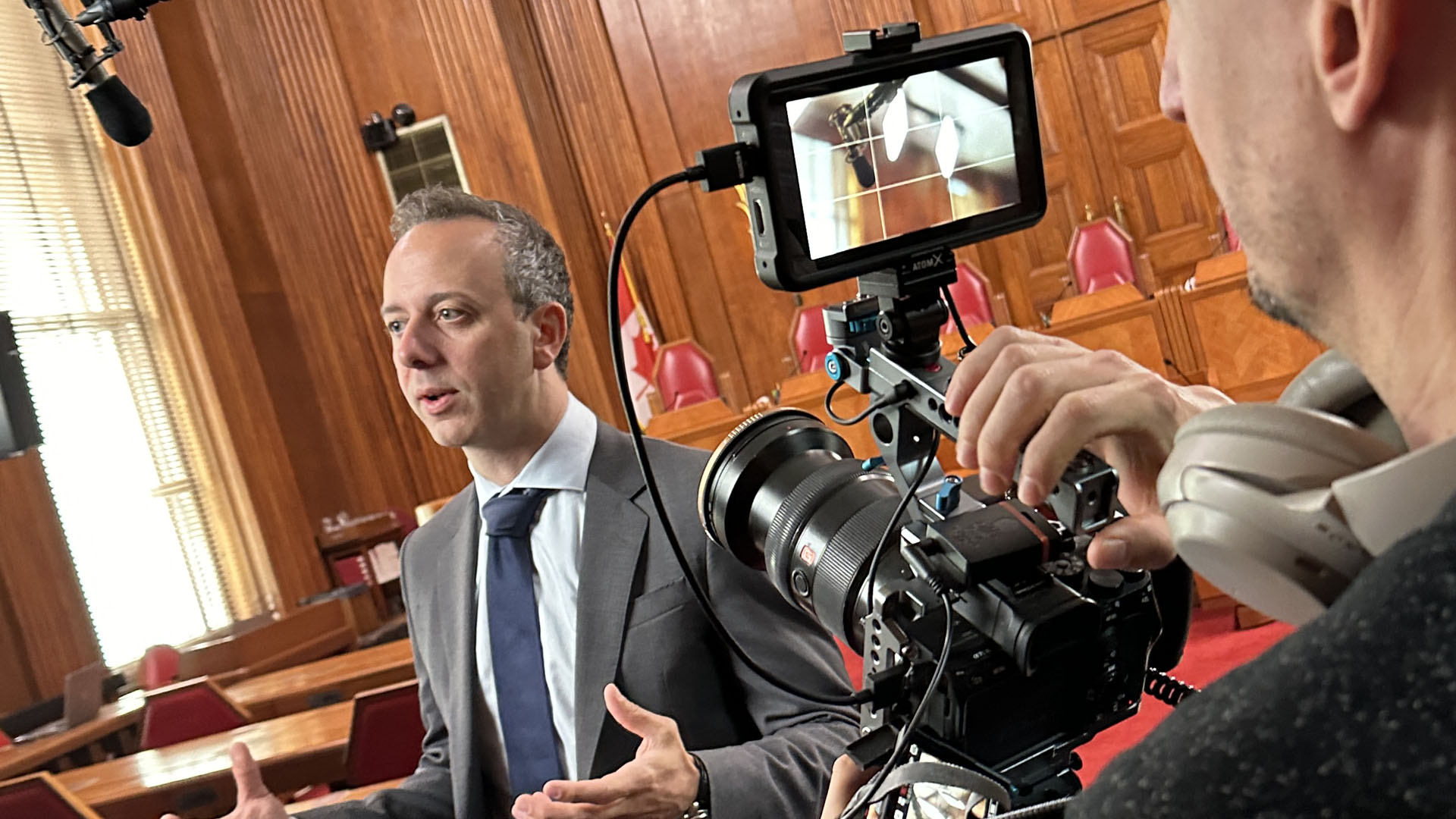
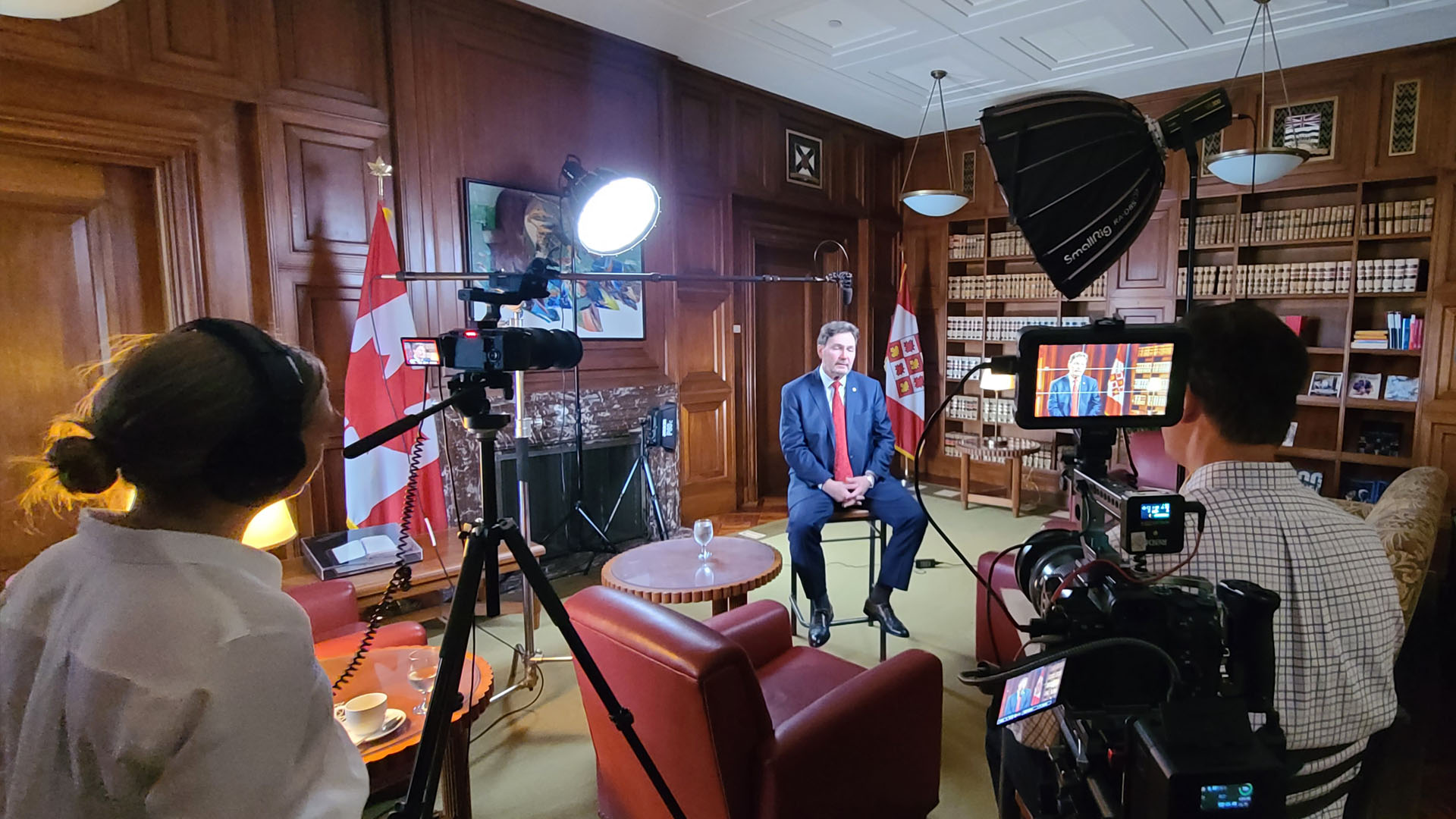
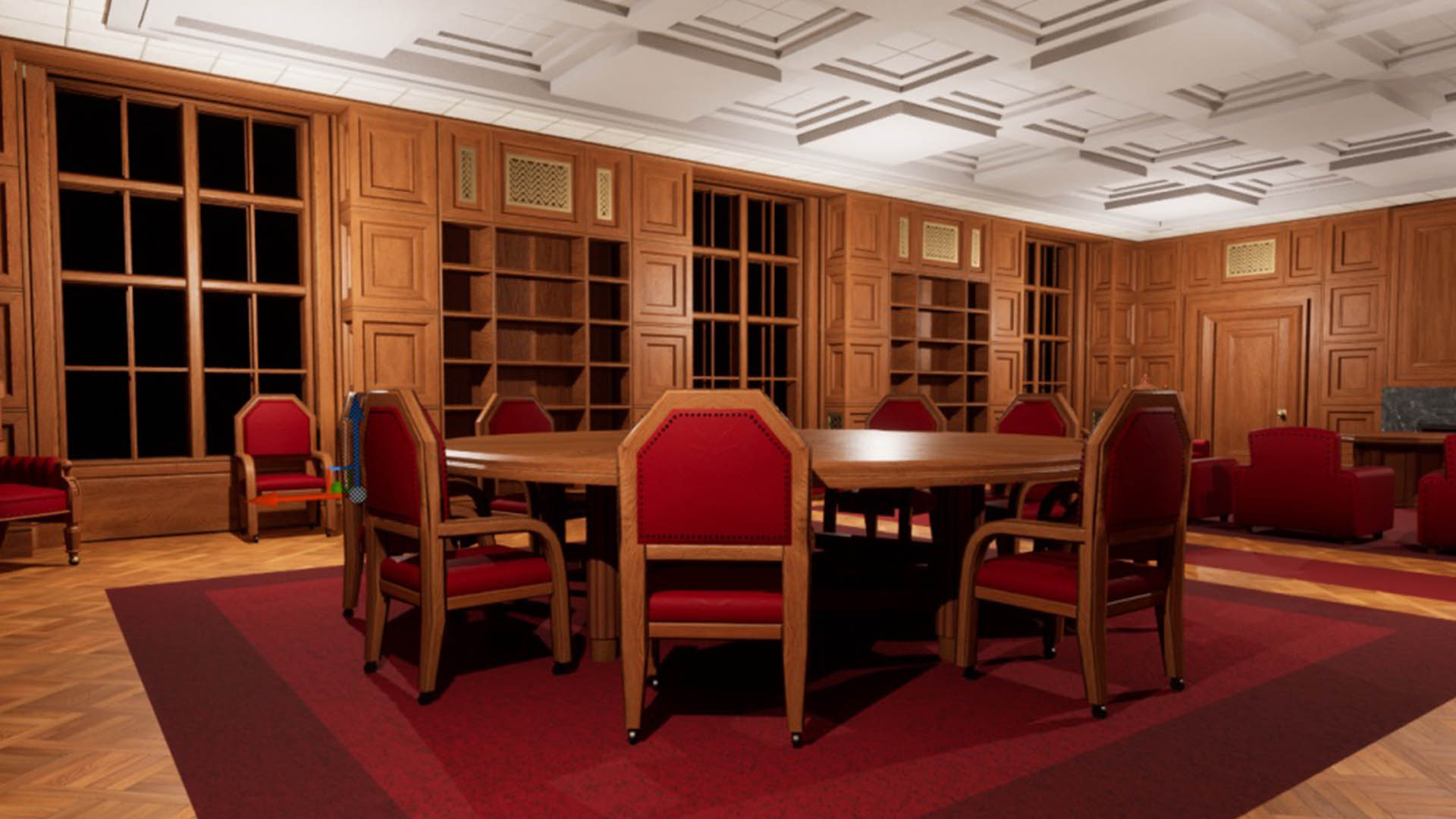
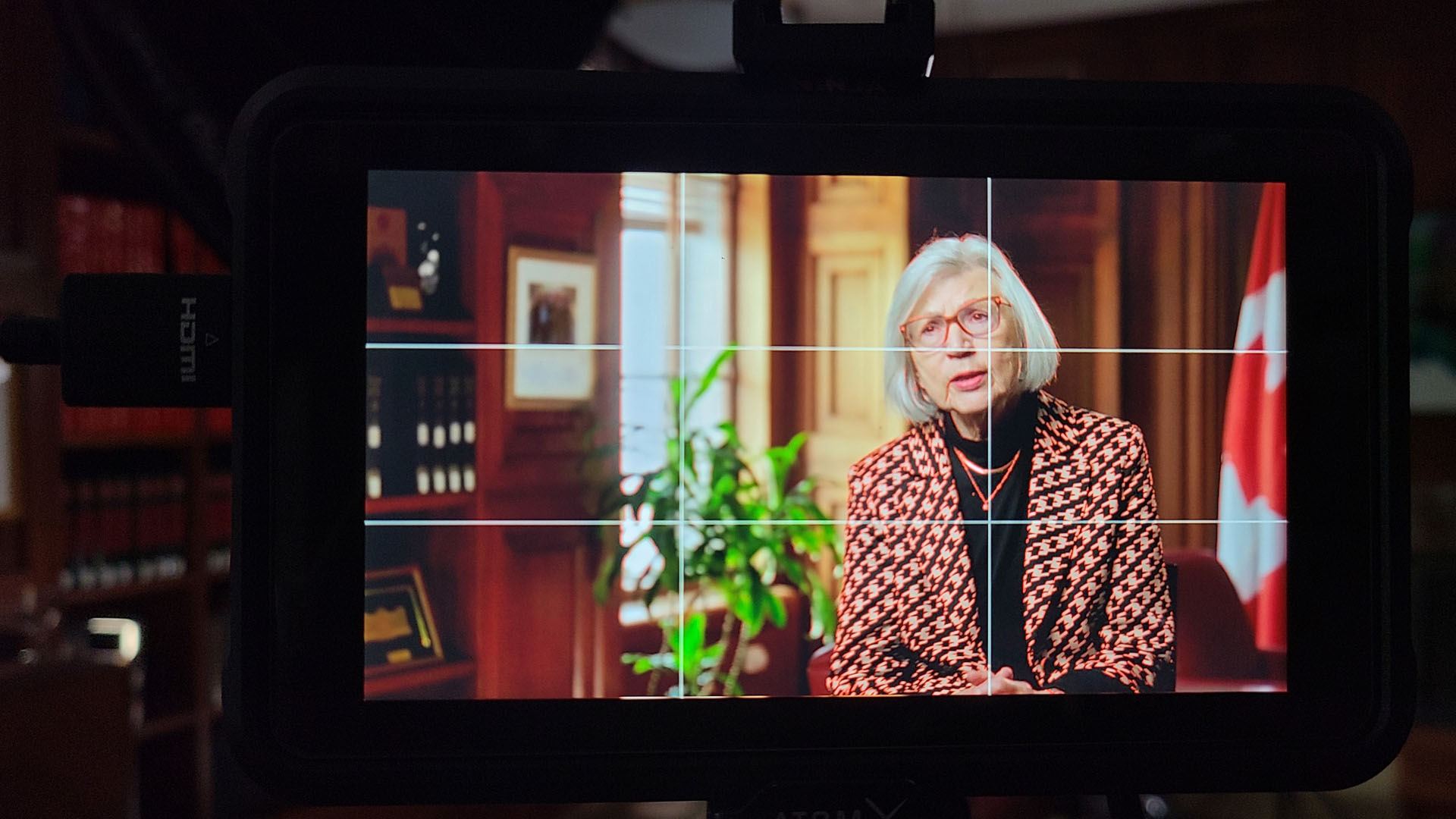
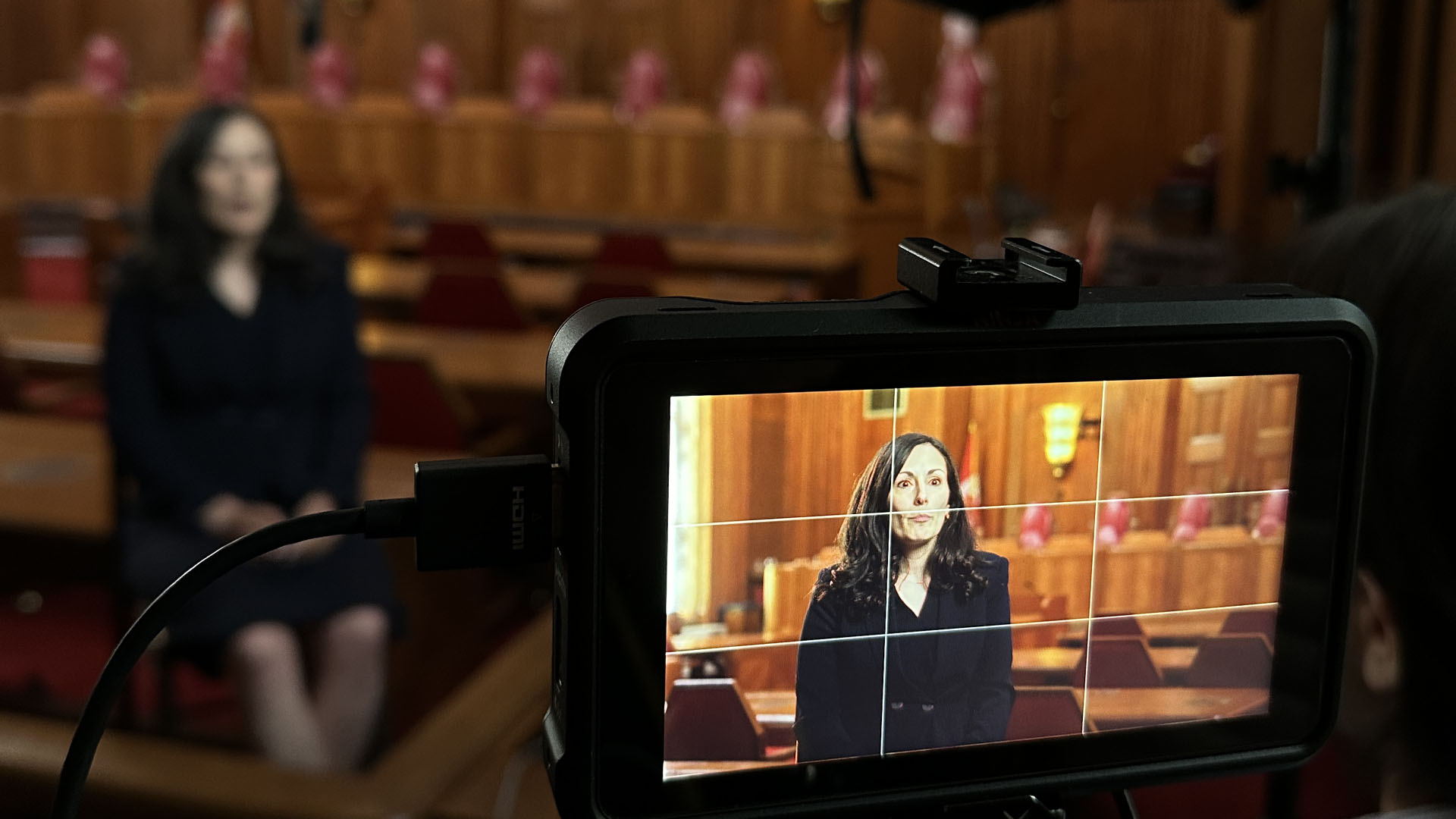
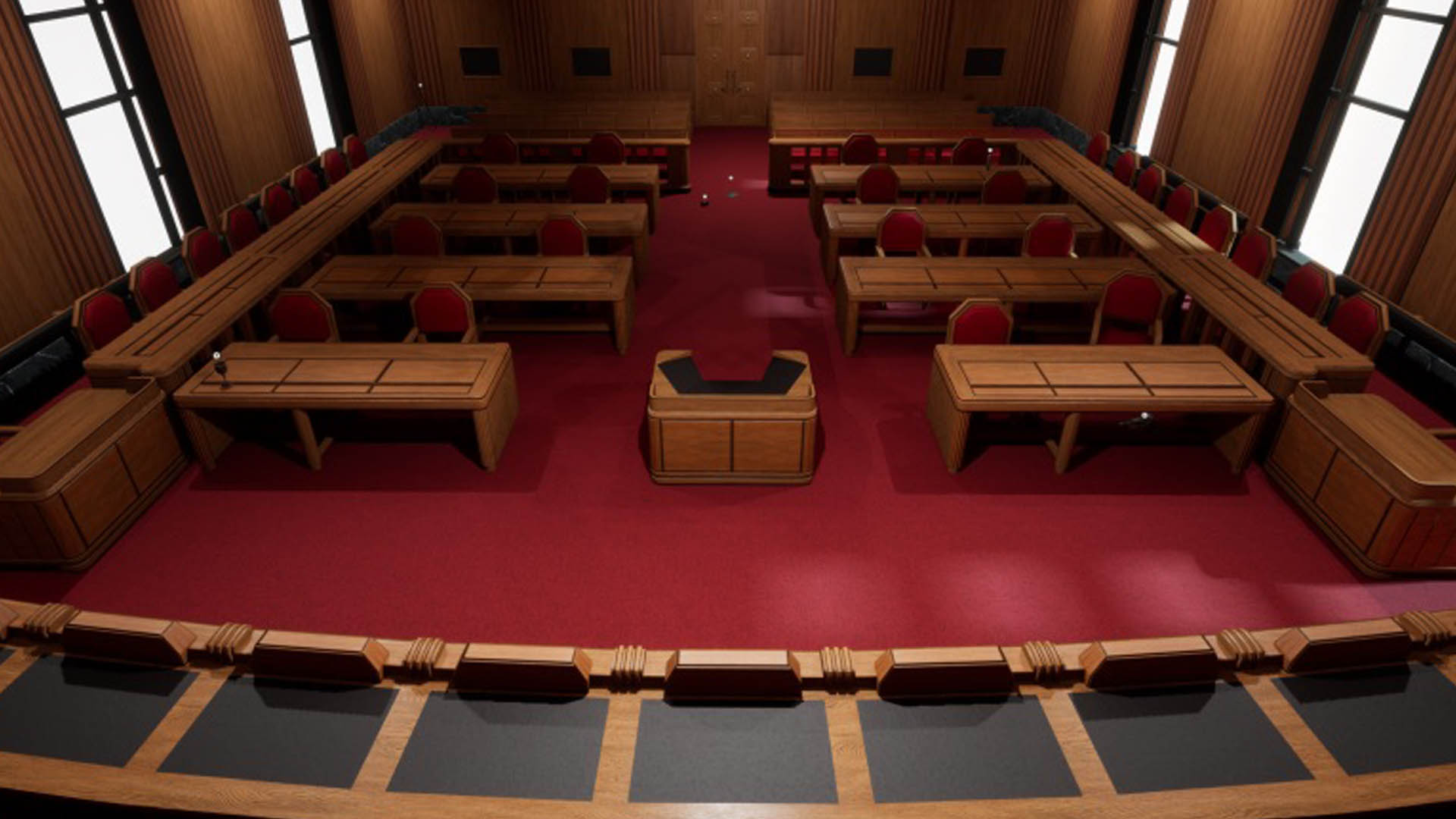
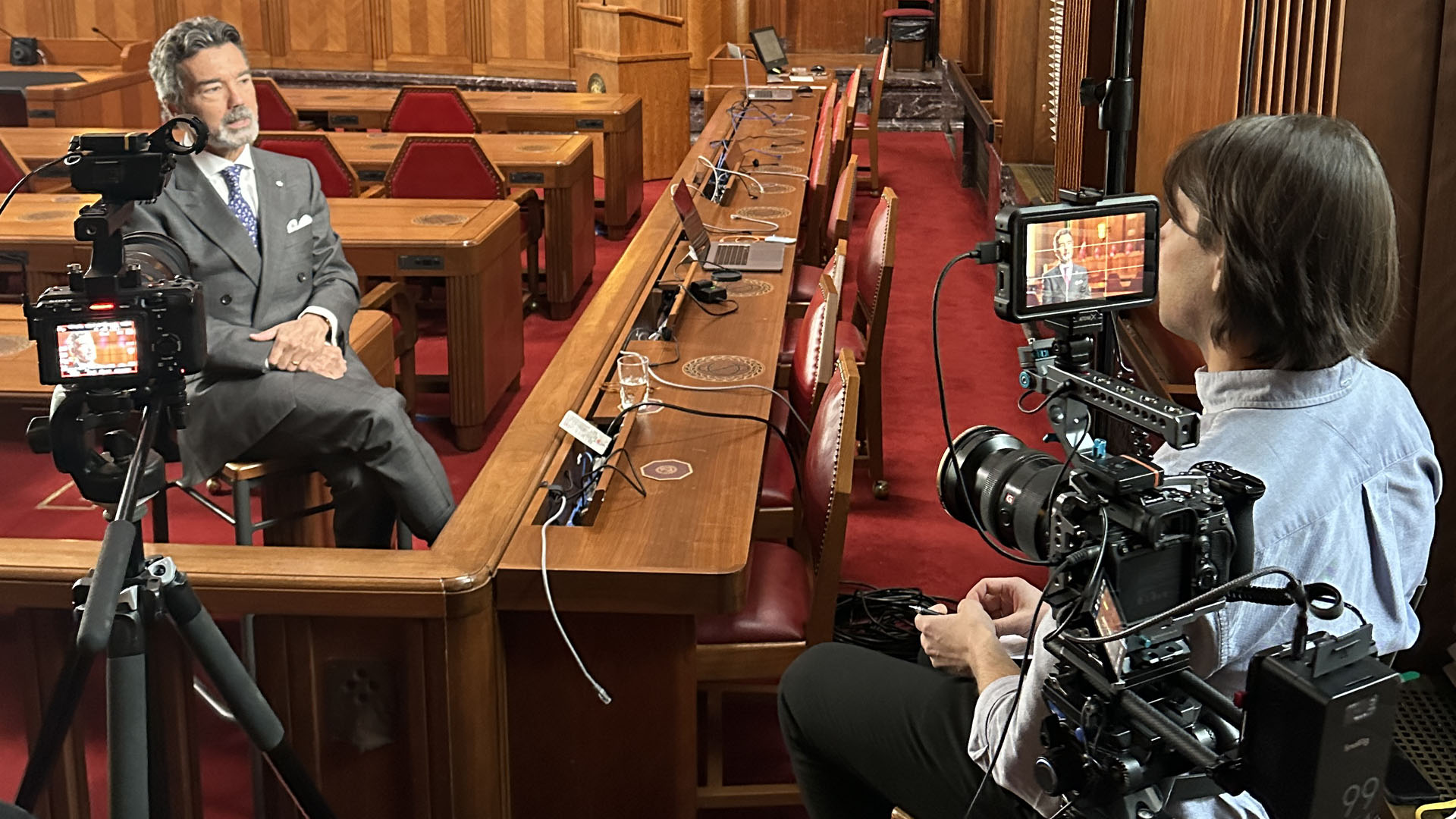
Stay up to date with our latest publications.
Have a question or a problem?

